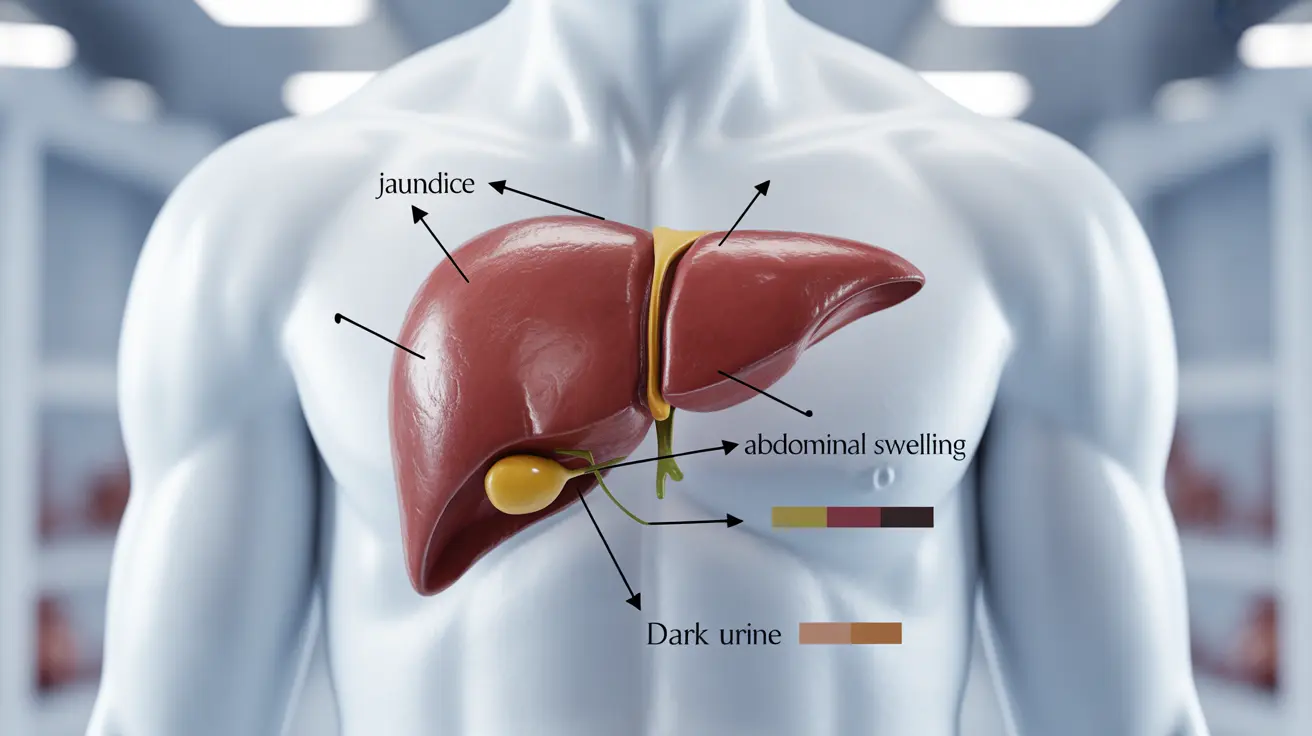The liver is a vital organ that performs hundreds of essential functions, from filtering toxins to producing proteins necessary for blood clotting. When liver problems arise, they can affect your overall health in numerous ways. Understanding the signs, causes, and management strategies for liver problems is crucial for maintaining optimal health and seeking timely medical attention.
This comprehensive guide explores various aspects of liver problems, including common symptoms, diagnostic approaches, and effective management strategies. Whether you're concerned about your liver health or looking to prevent future issues, this information will help you make informed decisions about your health.
Key Signs and Symptoms of Liver Problems
Recognizing potential liver problems early can lead to better outcomes. Common indicators include:
- Jaundice (yellowing of skin and eyes)
- Unexplained fatigue and weakness
- Abdominal pain or swelling
- Dark urine and pale stools
- Nausea and loss of appetite
- Itchy skin
- Easy bruising or bleeding
If you experience any combination of these symptoms, it's important to consult a healthcare provider for proper evaluation.
Diagnostic Approaches and Treatment Options
Healthcare providers use various methods to diagnose liver problems accurately:
Initial Assessment
- Blood tests (liver function tests)
- Imaging studies (ultrasound, CT scan, MRI)
- Physical examination
- Medical history review
Treatment Strategies
Treatment plans are tailored to the specific liver condition and may include:
- Medication management
- Lifestyle modifications
- Dietary changes
- Regular monitoring
- In severe cases, liver transplantation
Lifestyle Changes for Liver Health
Making positive lifestyle changes can significantly impact liver health:
- Limiting alcohol consumption or abstaining completely
- Maintaining a healthy weight
- Regular exercise
- Balanced nutrition
- Avoiding unnecessary medications
- Getting vaccinated against hepatitis
Understanding Viral Hepatitis
Different types of viral hepatitis affect the liver in various ways:
Hepatitis Types and Prevention
- Hepatitis A: Spread through contaminated food/water
- Hepatitis B: Transmitted through blood and bodily fluids
- Hepatitis C: Primarily spread through blood contact
Vaccinations are available for Hepatitis A and B, offering effective prevention against these viral infections. While there's no vaccine for Hepatitis C, regular screening and preventive measures can reduce risk.
Diet and Nutrition for Liver Health
A liver-healthy diet includes:
- Fresh fruits and vegetables
- Whole grains
- Lean proteins
- Healthy fats
- Adequate hydration
Certain items should be limited or avoided:
- Processed foods
- Added sugars
- Excessive salt
- Alcohol
- Some herbal supplements
Frequently Asked Questions
What are the most common symptoms that may indicate liver problems?
The most common symptoms include jaundice, fatigue, abdominal pain, dark urine, pale stools, and unexplained weight loss. Any combination of these symptoms warrants medical attention for proper evaluation.
How are different types of liver diseases diagnosed and treated?
Diagnosis typically involves blood tests, imaging studies, and sometimes liver biopsies. Treatment varies based on the specific condition but may include medications, lifestyle changes, and in severe cases, liver transplantation.
What lifestyle changes can help prevent or manage liver problems effectively?
Key lifestyle changes include limiting alcohol consumption, maintaining a healthy weight, exercising regularly, eating a balanced diet, and avoiding exposure to harmful substances. Regular medical check-ups are also important for early detection and management.
How do viral hepatitis types differ, and what vaccinations are available to prevent them?
Hepatitis A, B, and C have different transmission methods and outcomes. Vaccines are available for Hepatitis A and B, providing effective prevention. While there's no vaccine for Hepatitis C, screening and preventive measures can help reduce risk.
Can certain foods or supplements harm the liver, and what diet is recommended for liver health?
Some supplements and processed foods can strain the liver. A liver-healthy diet should focus on fresh fruits and vegetables, whole grains, lean proteins, and healthy fats. It's important to limit processed foods, added sugars, and alcohol while maintaining proper hydration.




